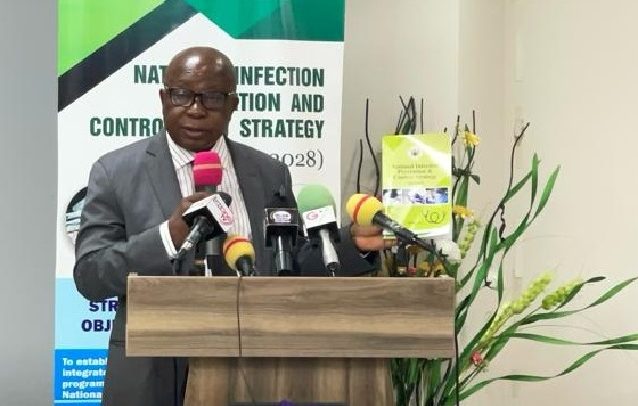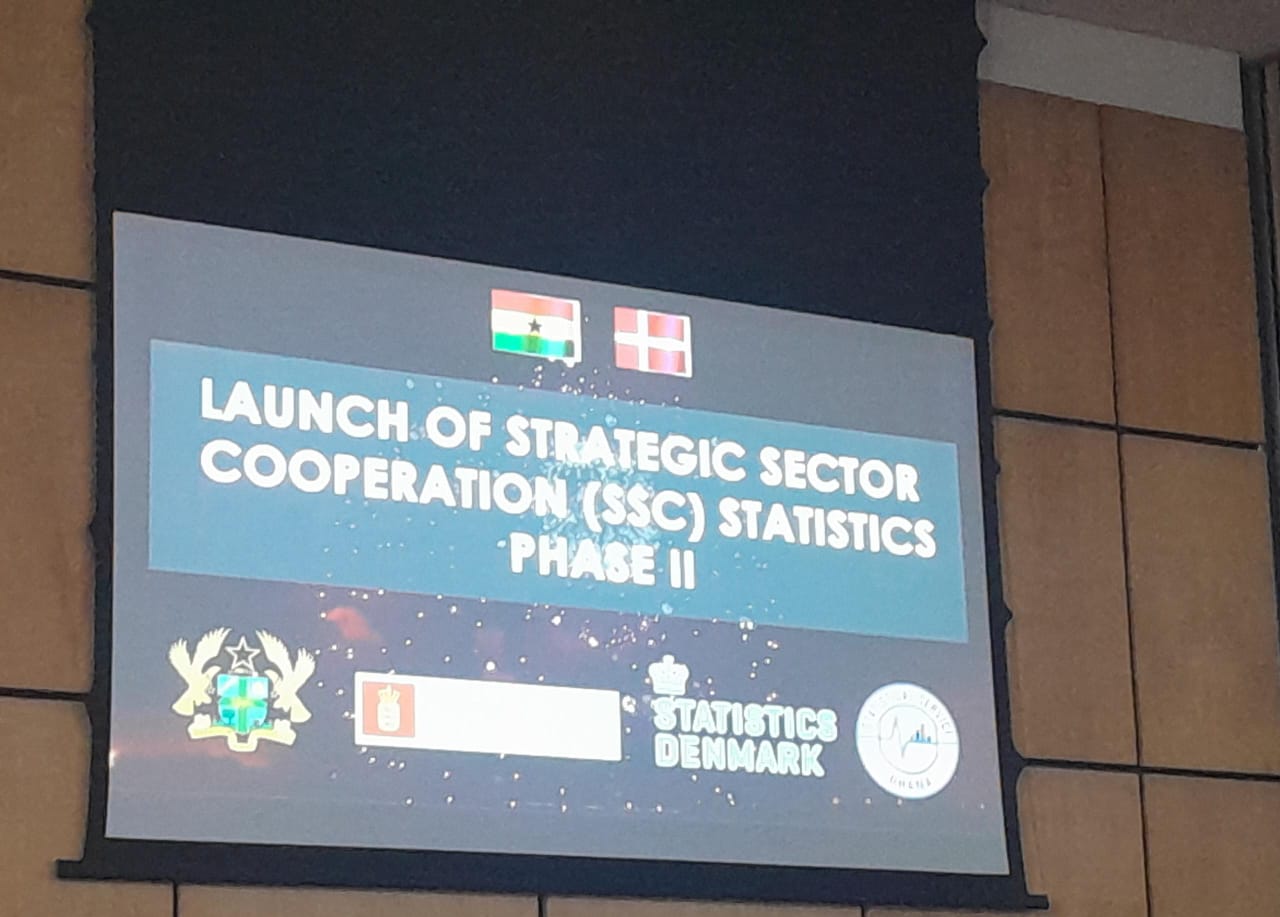
The President Nana Addo Dankwa Akufo-Addo, has launched Ghana’s Strategic Roadmap for harnessing demographic dividends, the local component of the African Union’s Demographic Dividend Roadmap.
At an event at the Accra International Conference Centre, on Monday, December, 11 2017, President Akufo-Addo noted that “in harnessing the demographic dividend through investments in the youth, we have made essentially a pact with both present and future generations to leave them a better legacy than we inherited from our forebears, with a strong call to our generation to be at the measure of our history.”
The President noted that over the last 20 years, the age structure of Ghana’s population has changed, as a result of low birth and death rates, coupled with the decline in fertility rates.
This, he said, has led to a “broad-based population pyramid”, with a shrinking proportion of children aged between 0 and 14, vis-a-vis an increasing proportion of the economically active population, i.e. those aged 15 to 64 years, whilst those aged 65 and above have also increased in proportion.
These dynamics, he explained, have resulted in a decreasing dependency ratio, as the proportion of the economically dependent population, particularly those below 15 years, is decreasing.
“This has necessitated the implementation of key policies and programmes. We recognize that we need to commit ourselves to what must be done in order to reap the benefits of development, progress and prosperity,” he said.
The President continued, “It is for this reason that my government has developed a Strategic Roadmap for Harnessing Demographic Dividend in Ghana, to take full advantage of the possibilities presented by the demographic dividend. We shall perform this task within the context of four pillars. They are the economy, education, health and good governance.”
Economy
On the economy, the President indicated that his government, over the last 11 months, have worked to ensure the stability of Ghana’s macro-economy, without which private sector growth will be inhibited.
“We have reduced inflation and interest rates, and have largely stabilised the cedi. We have reduced significantly the fiscal deficit, by rationalising public sector expenditure, and, at the same time, improving government revenue. Government, within this period, has controlled domestic borrowing, so as not to crowd out the private sector from the financial markets. Our external debt commitments have been brought to more sustainable limits,” he said.
With Government strengthening the private sector by shifting the focus of our economic policy from taxation to incentivising production, the President noted that a number of measures have also been taken to lead our Ghana and her economy into the new digital age.
These include the introduction of an e-business registration system, a paperless port clearance system, a digital addressing system, a mobile interoperability system, and the national identification system, all of which are designed to formalise the Ghanaian economy, reduce the cost of doing business, and facilitate interaction between businesses and their clients, particularly in a technology-driven era, where connectivity through digital services is an important element in achieving competitiveness.
Education
We recognize also that the most effective way to ensuring prosperity in Ghana, and on the African continent, is through value addition activities, in a transformed and diversified, modern economy. In other words, the industrial development of our country and continent, on the basis of modernized agriculture.
An educated workforce will facilitate its achievement. The countries that have done well, even without natural resources, are the countries that have invested in education and skills training. It is not gold, cocoa, diamonds, timber or oil that is going to build our nation. If it was, it would have done so already. It is empowered Ghanaians, especially the empowered youth of today, who are going to build Ghana.
To this end, we aim to reduce gender gaps in school enrolment and completion at secondary and tertiary levels; ensure all school-going children attain a minimum of high school education through our Free SHS policy; focus on a production-oriented approach to education, focusing on the knowledge and skills needed for economic development; and improve the quality of science, technology, engineering and mathematics (STEM) education at all levels, as the foundation for growing technological capacity and higher paying jobs.
Health
As co-Chair of the Group of Advocates of Eminent Persons of the United Nations Sustainable Development Goals, the President noted that ensuring healthy lives and promoting wellbeing for all is the objective of SDG No. 3.
The judicious, honest application of the nation’s resources, he said, is heralding the reinvigoration of the National Health Insurance Scheme (NHIS).
Additionally, the President assured of the intensification of reproductive health and educational campaigns, encouraging physical exercise and proper nutritional and dietary practices, and healthy lifestyles, training of more nurses and doctors in geriatric health care, intensifying public education for increased antenatal and postnatal care, and strengthening the integration of family planning and nutrition education into antenatal and postnatal care to address reproductive health and nutritional concerns in Ghana.
Governance
On governance, President Akufo-Addo assured of the promotion and deepening, in Ghana, of a system and culture of accountable governance, free of corruption, whereby our people are governed in accordance with the rule of law, respect for individual liberties and human rights, the principles of democratic accountability and social justice.
“Such a system includes building strong institutions of state, such as a well-resourced Parliament and Judiciary, efficient law enforcement agency, and effective security forces, that see their responsibilities and allegiances to the wider public interest, not just to the conveniences of the government of the day,” he added.
By: Ghana/Ultimatefmonline.com/106.9FM
The post Prez launches strategic roadmap to harness Ghana’s demographic dividends appeared first on Ultimate FM.
The President Nana Addo Dankwa Akufo-Addo, has launched Ghana’s Strategic Roadmap for harnessing demographic dividends, the local component of the African Union’s Demographic Dividend Roadmap. At an event at the Accra International Conference Centre, on Monday, December, 11 2017, President Akufo-Addo noted that “in harnessing the demographic dividend through investments in the youth, we have made […]
The post Prez launches strategic roadmap to harness Ghana’s demographic dividends appeared first on Ultimate FM.
Read Full Story




















Facebook
Twitter
Pinterest
Instagram
Google+
YouTube
LinkedIn
RSS